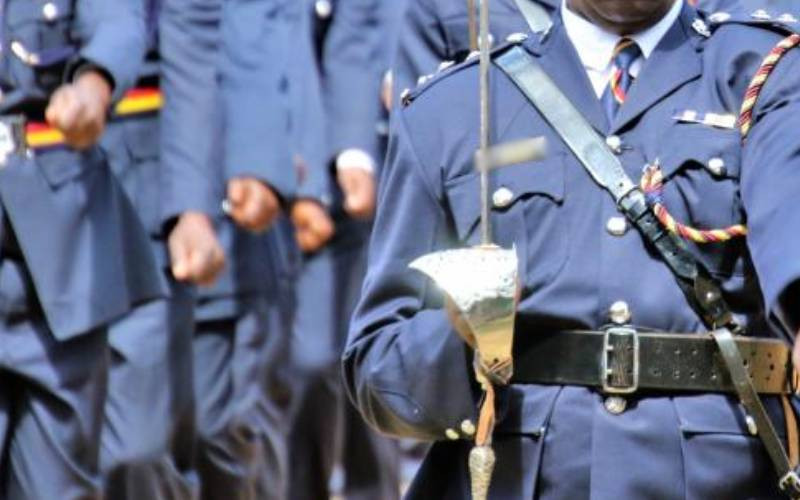×
The Standard e-Paper
Smart Minds Choose Us

According to the NPSC boss, the remaining number of officers who served when police was a force could be about 20,000. [Moses Sammy, Standard]
Unlike the Johnstone Kavuludi-led National Police Service Commission which was determined to vet all officers, the current leadership targets officers employed before the 2010 Constitution came into effect.